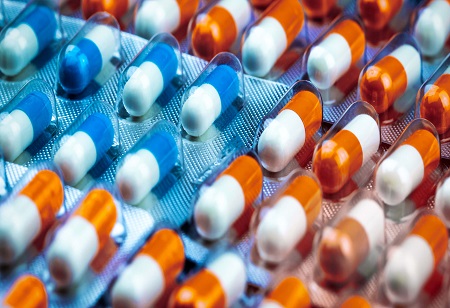India Pharma Outlook Team | Tuesday, 27 June 2023

The U.S. Food and Drug Administration has approved RYSTIGGO for the treatment of generalised myasthenia gravis in adult patients who have anti-acetylcholine receptor or anti-muscle-specific tyrosine kinase antibody positivity, according to UCB, a multinational biopharmaceutical company.
A humanised IgG4 monoclonal antibody called RYSTIGGO® injection for subcutaneous infusion binds to the newborn Fc receptor and lowers the amount of circulating IgG as a result.1,4 It is the only FDA-approved treatment for both the most prevalent subtypes of gMG, anti-AChR and anti-MuSK antibody-positive gMG, in adults. "gMG can cause unpredictable fluctuations in severity and frequency of symptoms, which are often debilitating and can substantially impact the lives of patients. People living with gMG often face treatment options that are broad-acting, and that have traditionally only offered symptomatic relief," explained Professor Vera Bril, Professor of Medicine (Neurology), University of Toronto, Director of the Neuromuscular Section, Division of Neurology, University of Toronto and University Health Network, Toronto, and lead investigator of the MycarinG study.
"There is a significant need for new, innovative treatment options to reduce the day-to-day burden of gMG. RYSTIGGO ® is a new treatment option, targeting one of the mechanisms of disease to provide symptom improvement in patient-and physician reported outcomes at day 43." gMG is a rare, chronic, heterogeneous (phenotypic and pathogenic), unpredictable autoimmune disease characterized by dysfunction and damage at the neuromuscular junction (NMJ).4,5,6 Several factors are understood to be drivers of gMG disease pathology, including complement-cascade, immune cells and pathogenic IgG autoantibodies. Pathogenic IgG autoantibodies can impair synaptic transmission at the NMJ by targeting specific proteins on the post-synaptic membrane.4,7 This disrupts the ability of the nerves to stimulate the muscle and results in a weaker contraction.4 gMG has a global prevalence of 100–350 cases per every 1 million people.5